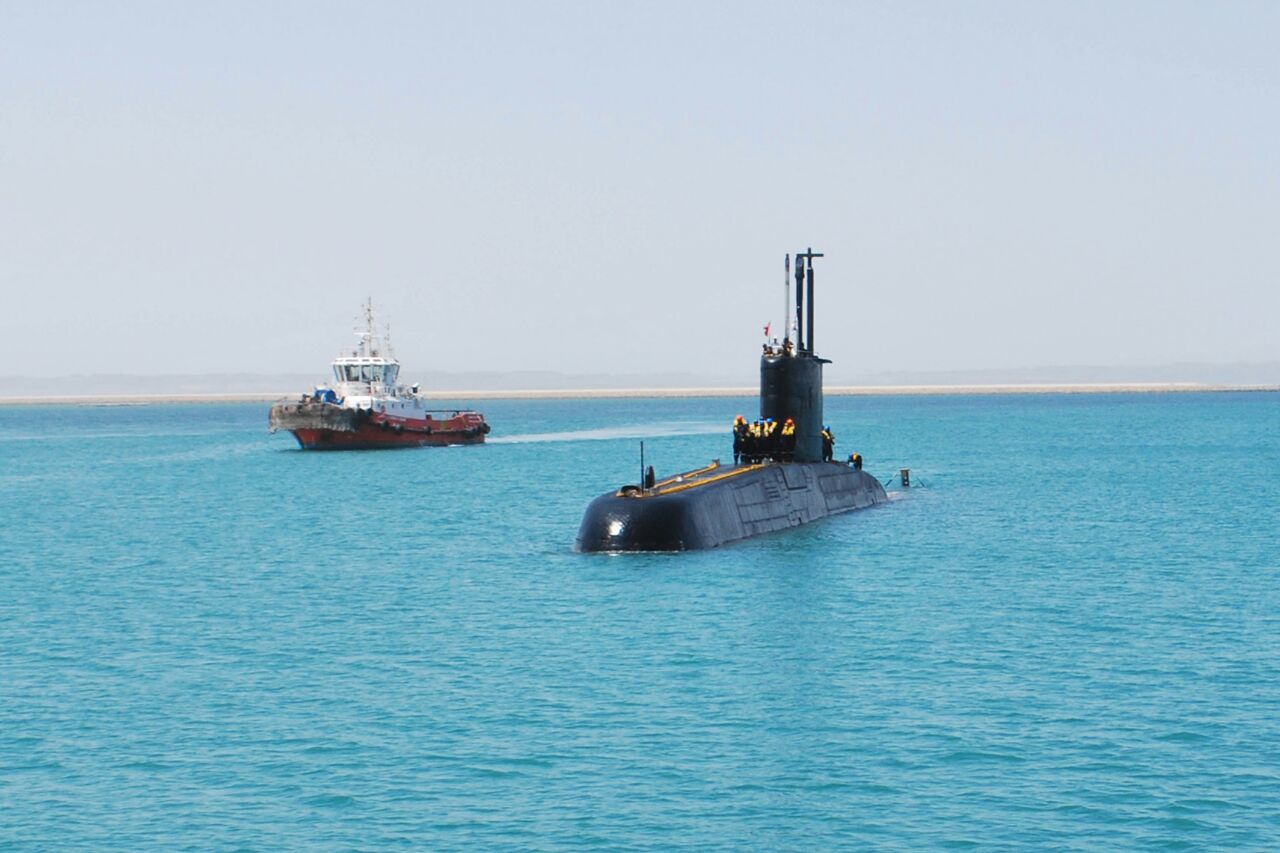SOURCE: IDRW.ORG

In the annals of India’s defense procurement history, the HDW submarine deal of the 1980s remains a poignant chapter, marked by both aspirations of technological advancement and the stark realities of corruption. The repercussions of this ill-fated deal continue to reverberate within India’s defense establishment, particularly in the realm of submarine manufacturing technology.
The genesis of India’s submarine saga dates back to the commissioning of the INS Shishumar in 1986, the first of four Type 209/1500 submarines procured from German shipbuilder HDW. These submarines, hailed for their advanced capabilities and robust design, were poised to bolster India’s naval prowess and usher in a new era of indigenization in submarine construction.
However, the grand vision of indigenous submarine manufacturing was marred by allegations of corruption, which ultimately derailed India’s plans to build the last two submarines domestically. The scandal surrounding the HDW deal cast a shadow of doubt over the feasibility and transparency of defense procurement processes, prompting the cancellation of the manufacturing plans due to cost concerns.
The decision to abandon the manufacturing of the last two submarines under Transfer of Technology (ToT) agreements was met with widespread criticism and lamentation, as it represented a missed opportunity for India to acquire critical submarine manufacturing technology. By forgoing the chance to build submarines domestically, India relinquished the opportunity to develop indigenous expertise and capabilities in submarine construction, a setback that continues to haunt the country’s defense industry to this day.
The ramifications of India’s lost submarine race extend beyond the realm of defense procurement, impacting the country’s strategic autonomy and technological self-reliance. In an era where naval power projection and maritime security are of paramount importance, the absence of a robust indigenous submarine manufacturing capability leaves India vulnerable to external dependencies and geopolitical pressures.
Moving forward, India must learn from the mistakes of the past and redouble its efforts to modernize its submarine fleet and strengthen its naval capabilities. By fostering a culture of integrity, professionalism, and strategic foresight, India can reclaim its position as a maritime power and safeguard its interests in an increasingly contested maritime domain.
NOTE : Article cannot be reproduced without written permission of idrw.org in any form even for YouTube Videos to avoid Copy right strikes. Websites doing illegal reproductions will get DMCA and Legal Notices.